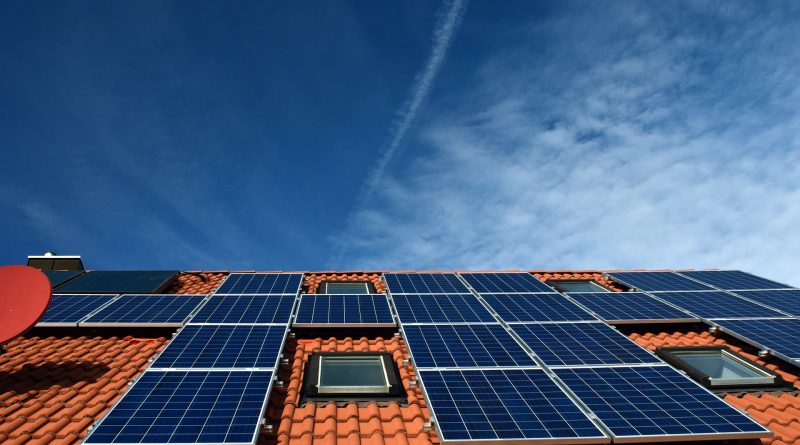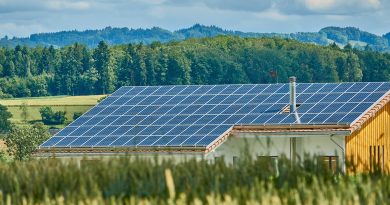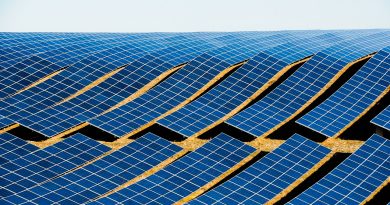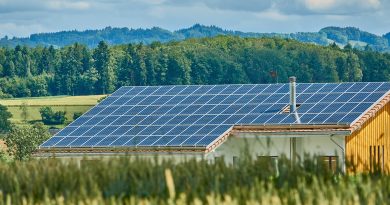Explore Off-Grid Solar Power System Components
Off-grid solar power systems are gaining popularity as an alternative source of energy for both residential and commercial properties. These systems provide independence from dependence on the grid and offer a sustainable way to generate electricity. However, understanding what constitutes an off-grid solar power system can be daunting for those considering making the switch. In this blog, we will delve into the components and technology behind off-grid solar power systems, shedding light on how they work and what they can provide.
Understanding Off-Grid Solar Power Systems
An off-grid solar power system, as the name suggests, operates independently from the main power grid. Instead, it relies on a combination of solar panels, batteries, charge controllers, inverters, and other essential components to generate, store, and deliver electricity.
Solar Panels: The Power Source
The heart of any off-grid solar power system lies in its solar panels. These panels comprise photovoltaic (PV) cells that convert sunlight into electricity. When sunlight strikes these cells, they create an electric current, which can be harnessed for powering various appliances and devices.
Batteries: Storing Excess Power
One of the critical components in an off-grid solar power system is the battery bank. These batteries store the excess electricity generated during the day for use during nights or periods when sunlight is limited. They act as a reservoir, ensuring a continuous power supply even when the sun is not shining. Deep-cycle batteries, such as lead-acid or lithium-ion batteries, are commonly used in off-grid solar power systems due to their ability to discharge over an extended period.
Charge Controllers: Regulating Battery Charging
Charge controllers are an essential element in an off-grid solar power system. They regulate the charge going into the battery bank to prevent overcharging and extend the battery’s lifespan. These controllers monitor the battery’s state of charge and adjust the flow of electricity to optimize charging efficiency.
Inverters: Converting DC to AC Power
Most appliances and devices in our daily lives operate on alternating current (AC) power, while solar panels generate direct current (DC) power. Therefore, an inverter is necessary to convert the DC power from the solar panels and battery bank into AC power for household use. Inverters ensure seamless integration between the off-grid solar power system and the electrical devices it powers, enabling the system to mimic the functionality of the main power grid.
Metering and Monitoring Systems: Managing Energy Usage
To maintain efficiency and track energy consumption, off-grid solar power systems often incorporate metering and monitoring systems. These systems provide real-time data on the amount of electricity generated, the battery status, and the energy consumption. By monitoring and managing energy usage, users can optimize their power consumption patterns and make adjustments to ensure a sustainable and reliable power supply.
Backup Generators: Ensuring Redundancy
While off-grid solar power systems are designed to provide electricity without reliance on the grid, backup generators can offer an additional layer of redundancy. In cases of extended periods of low sunlight or increased power demand, backup generators can be used to provide supplementary power. These generators are typically powered by diesel, natural gas, or propane and can automatically initiate when the battery bank’s charge drops below a predetermined level.
Conclusion
Embark on an off-grid adventure with SolarClue® as we explore the components of a robust solar system. From efficient solar panels capturing sunlight to charge controllers ensuring optimal battery health, our systems are designed for reliability. Batteries store excess energy, while inverters seamlessly convert it for household use. Consider a backup generator for extra power during challenging conditions. SolarClue® provides customizable solutions tailored to your energy needs. With components built for durability and longevity, our off-grid systems offer freedom and independence. Experience uninterrupted power, reduce your carbon footprint, and embrace sustainable living. Contact SolarClue® today to journey into a future powered by the sun.
Frequently Asked Questions
The main components include solar panels, charge controllers, batteries, inverters, and a backup generator (optional).
Solar panels capture sunlight and convert it into DC electricity, serving as the primary source of power.
Charge controllers regulate the flow of electricity from solar panels to batteries, preventing overcharging and ensuring optimal battery health.
Batteries store excess energy generated by solar panels, providing a consistent power supply during periods of low sunlight or at night.
Inverters convert DC power from batteries into AC power used by household appliances, enabling seamless electricity usage.
While optional, a backup generator provides additional power during extended periods of low sunlight or high energy demand.
Yes, many components, such as solar panels and inverters, are similar, but off-grid systems require additional components like batteries for energy storage.
Solar panels are connected to charge controllers, which regulate energy flow to batteries. Inverters convert stored DC power to AC power for household use.
Absolutely. Off-grid systems are scalable, allowing for customization by adding more solar panels or increasing battery capacity.
With proper maintenance, solar panels can last 25 years or more, batteries typically need replacement every 5–15 years, and inverters may last 10–20 years.




